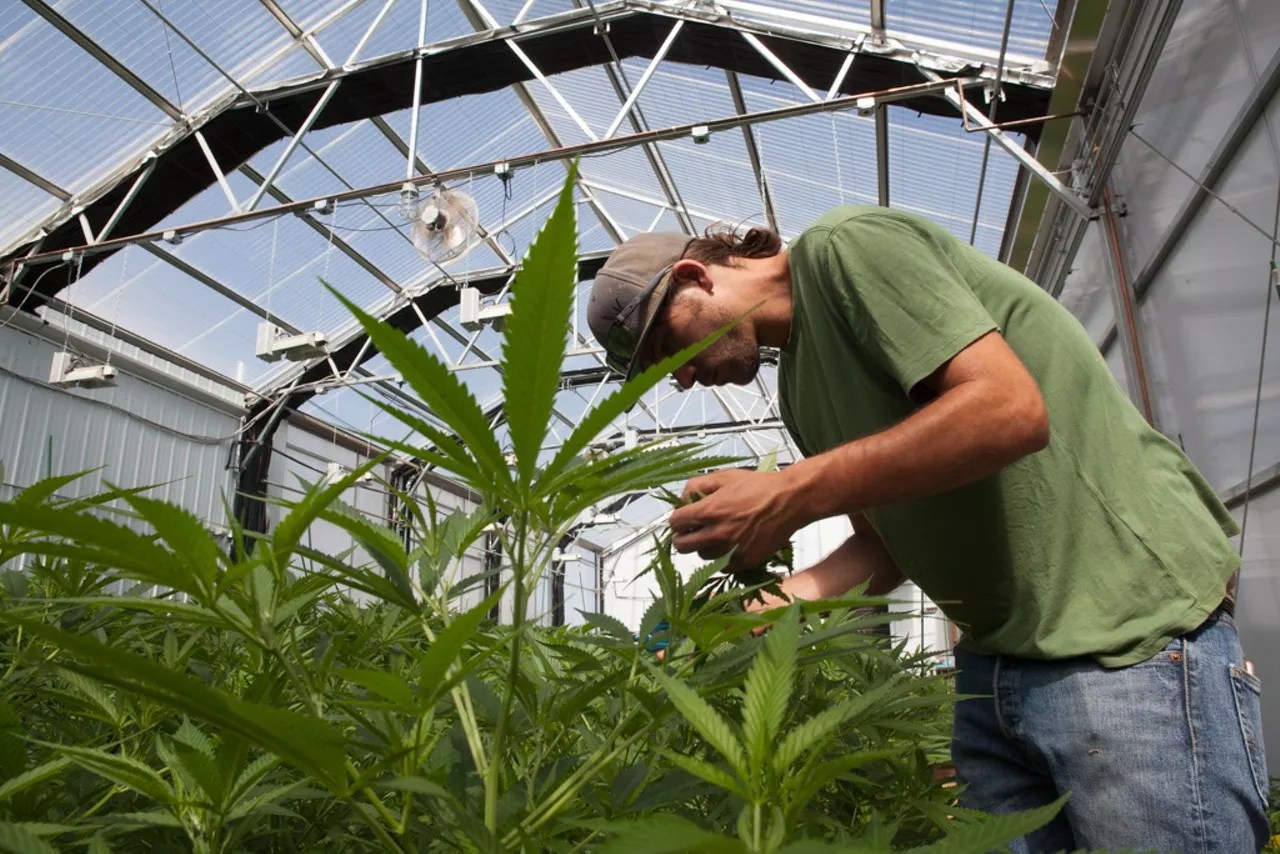
Jacqueline Collins

Audio By Carbonatix
A broad spectrum of marijuana laws in Colorado went live on January 1, 2021, including measures that create social equity licensing and allow recreational pot delivery.
Most of the new laws stem from bills passed in 2020 by the Colorado Legislature, according to the state Marijuana Enforcement Division, which announced implementation plans on New Year’s Eve.
One law was passed before 2020 but just now takes effect. Although medical marijuana delivery has been allowed in Colorado since last year, the 2019 law legalizing the practice stipulated that recreational delivery couldn’t start until 2021 – and even then, a municipality must vote to approve delivery within its limits. So far, Aurora is the only town to have opted for recreational pot delivery, but Denver is expected to put it to a vote of Denver City Council this year.
Another significant update to Colorado’s marijuana code was the creation of a statewide definition of social equity license applicants in the pot industry. Created by a last-minute bill in 2020 after legislators took a pandemic-forced break, the new social equity law created a definition for future statewide licensing programs, as well as a model for local governments to follow. To qualify under this definition, applicants must prove one of following: they or their families were negatively impacted by the War on Drugs, they earn less than 50 percent of the state median income, or they come from a community designated as a low-economic opportunity zone by the state Office of Economic Development and International Trade.
The definition was included in Aurora’s local delivery ordinance, which reserves retail delivery licenses for social equity applicants through 2024. A licensing advisory board for the City of Denver recommended that Denver City Council adopt the definition, too.
“There is no bigger MED priority than the success of the state’s Social Equity Program for cannabis businesses,” MED director Jim Burack says in a statement. “We are grateful to our stakeholders who have shown a continuous and sustained commitment to help us get this right.”
Laws requiring Colorado residency for anyone with a marijuana industry badge – a credential required of all pot employees in the state – were also loosened on January 1, with marijuana-industry employees living in other states now allowed to work in Colorado. The measure, pushed by marijuana businesses with operations and employees located across the country, does not allow potential employees to use licenses or badges from other states, and out-of-state workers will have to undergo Colorado background checks.
Also included in this new round of laws is a litany of environmentally focused measures intended to lessen the pot industry’s carbon footprint, including new exemptions for sustainable plant-waste removal and package recycling.
Some of 2021’s new pot rules were approved by the MED rather than lawmakers. While most of these are more technical and business-related, several of the department’s changes will be felt at the pot shop. In response to COVID-19 guidelines, the MED is allowing to-go and drive-up windows at dispensaries permanently to encourage social distancing.
In another update that took effect January 1, the MED implemented new emission testing and storage requirements for vaporizer products.